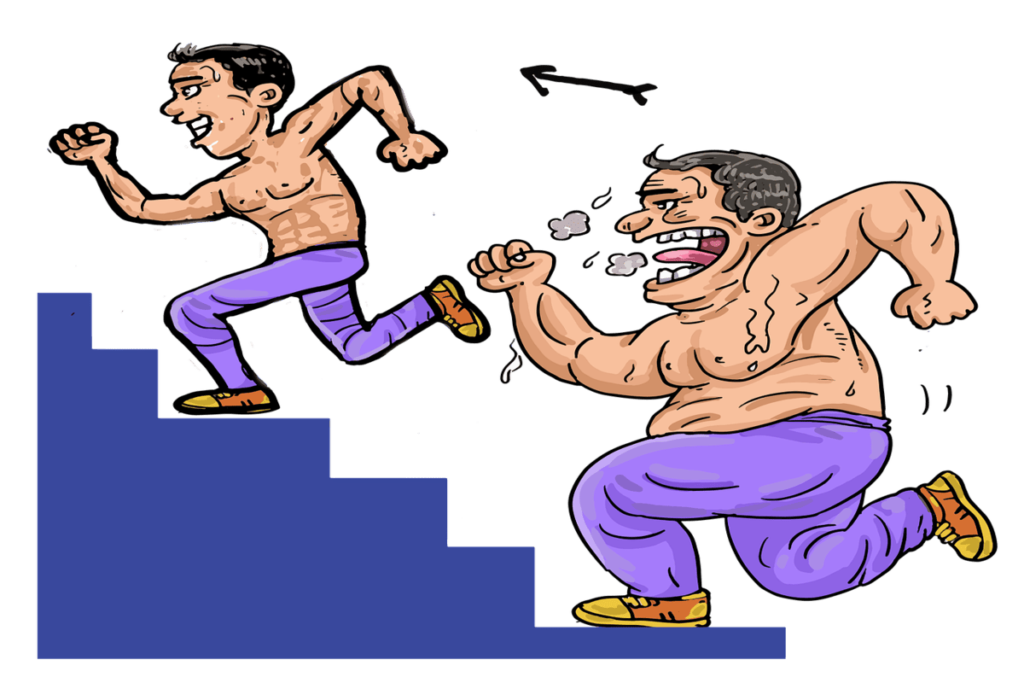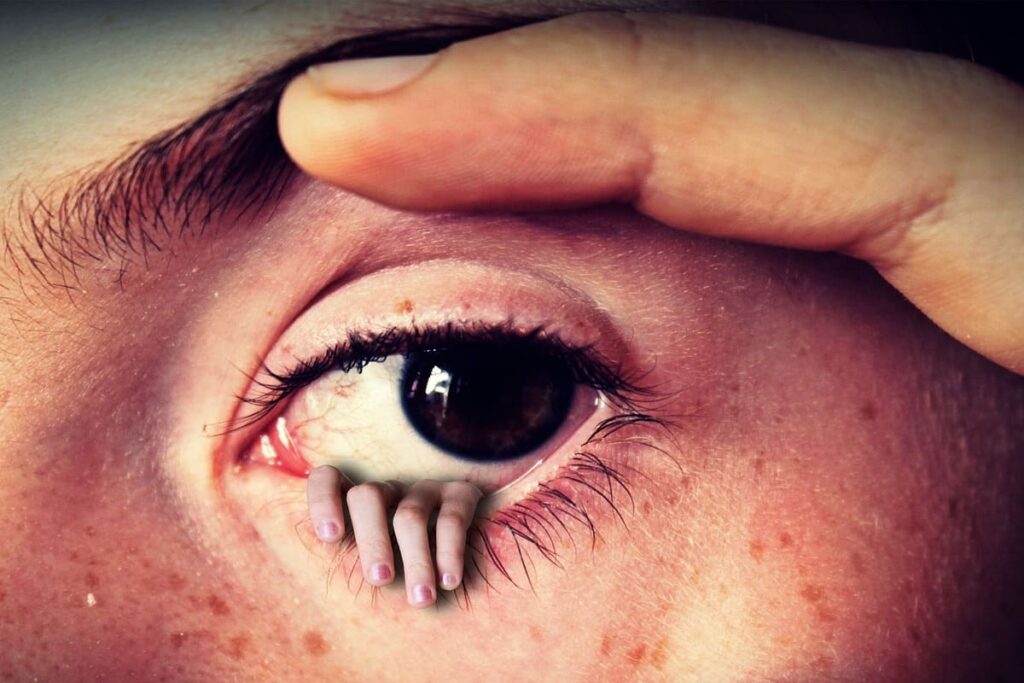What is the Happiness Hormone Called Sérotonine or 5-Hydroxytryptamine?
The quest for happiness is universal, and scientists have long worked to comprehend its biological foundations. Serotonin is a major component in this search and is frequently referred to as the “happiness hormone.” Serotonin, sometimes referred to as 5-hydroxytryptamine (5-HT), is a neurotransmitter that is essential for mood control, well-being, and mental health in general. However, what is serotonin exactly, and how does it affect our feelings and bodily processes? The nature, purposes, and methods of naturally raising serotonin levels to improve general well-being are examined in this article. Understanding Serotonin: The Happiness Hormone Your body uses hormones as chemical messengers. They regulate everything from your body’s operations to your emotions after being released by glands into your bloodstream and acting on different organs and tissues. One class of hormones is known as the “feel-good hormones” due to the joyful and occasionally euphoric emotions they elicit. Additionally, they are classified as neurotransmitters, meaning that they transfer messages between nerve cells. Which four feel-good hormones are they? Endorphins, oxytocin, serotonin, and dopamine. Simple lifestyle modifications like diet, exercise, and meditation can raise your levels of these hormones and potentially elevate your mood. What is Serotonin? 5-hydroxytryptamine (5-HT), another name for serotonin, is a neurotransmitter that is present in the brain, blood, and digestive tract. It comes from the important amino acid tryptophan, which is acquired through diet. Serotonin is essential for controlling mood, feelings, and mental health in general. It also affects digestion, appetite, and sleep. Mood disorders, including anxiety and depression, have been linked to an imbalance in serotonin levels. Serotonin supports gastrointestinal and cardiovascular functions in addition to mental wellness. Both physiological equilibrium and emotional stability depend on its control. The Role of Serotonin in Mental Health Serotonin’s most well-known function is its role in mood regulation. It acts as a stabilizer that helps create a feeling of happiness and well-being. Low levels of serotonin have been associated with various mental health conditions, including: Depression: Reduced serotonin activity is a common feature in those suffering from depressive disorders. Anxiety Disorders: Serotonin helps regulate stress responses, and its deficiency can contribute to heightened anxiety. Obsessive-Compulsive Disorder (OCD): Imbalances in serotonin levels are linked to repetitive behaviors and intrusive thoughts. Serotonin and Its Physiological Functions Beyond mental health, serotonin has several other vital functions within the body: Sleep Regulation Serotonin is a precursor to melatonin, the hormone responsible for regulating sleep-wake cycles. Proper serotonin levels contribute to better sleep quality and help combat insomnia. Digestive Health A significant amount of serotonin is found in the gastrointestinal (GI) tract, where it helps regulate bowel movements and digestive function. It also plays a role in appetite control and satiety. Cardiovascular System Serotonin affects blood vessel constriction, influencing blood pressure and circulation. Proper serotonin levels contribute to cardiovascular health by promoting balanced vascular function. How to Naturally Boost Serotonin Levels While medication such as selective serotonin reuptake inhibitors (SSRIs) can help manage serotonin imbalances, there are also natural ways to increase serotonin production: Nutrition and Diet Foods Rich in Tryptophan: Since serotonin is synthesized from tryptophan, consuming foods like turkey, eggs, salmon, nuts, and dairy can help boost its levels. Complex Carbohydrates: Whole grains, legumes, and fruits encourage serotonin production by enhancing tryptophan uptake in the brain. Physical Activity Regular exercise increases serotonin production and releases endorphins, which together enhance mood and reduce stress. Sunlight Exposure Natural sunlight stimulates serotonin production, which is why exposure to bright light is often recommended for individuals suffering from seasonal affective disorder (SAD). Mindfulness and Relaxation Techniques Practices such as meditation, deep breathing, and yoga help reduce stress and support healthy serotonin levels by promoting relaxation and emotional well-being. Social Connections Interacting with loved ones, engaging in meaningful conversations, and participating in social activities trigger serotonin release, reinforcing the connection between human interaction and happiness. Conclusion Often referred to as the “happiness hormone,” serotonin is essential for controlling mood, sleep, digestion, and general health. A balanced life depends on this neurotransmitter, which is scientifically known as 5-hydroxytryptamine, which affects both physical and mental health. People can naturally raise their serotonin levels and improve their happiness and well-being by adopting healthy lifestyle choices, including sun exposure, frequent exercise, a nutrient-rich diet, and mindfulness exercises. A happier, more satisfying life can result from comprehending and maximizing serotonin function. Author : Ghandoumy Mostafa
What is the Happiness Hormone Called Sérotonine or 5-Hydroxytryptamine? Read More »










